FOR someone who describes themselves as “not very extraordinary” Dr Liz Allen, 40, has had a far from ordinary life.
From high-school dropout, to homeless, to teen mum, the now ANU demographer and sought-after population commentator, says life on the edge has afforded her a unique power to help those who can’t help themselves.
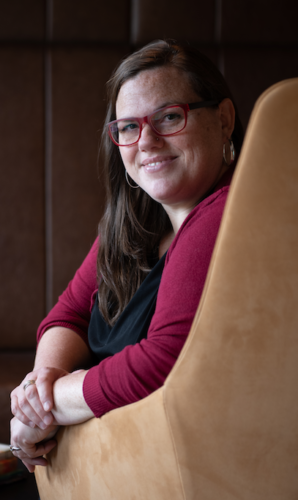
As a highly skilled demographer and social researcher, Allen’s keeping busy making sense of this tumultuous time, and with seven kids of her own, aged between one and 23, she’s in demand.
But it hasn’t always been like this.
“Every now and again I pinch myself and think ‘You’re a doctor’,” Allen said.
One of eight children, Allen grew up in western Sydney. She was sexually abused during her primary school years, left school in year seven, was kicked out of home and became homeless in her late teens.
“I don’t really like to talk about sleeping rough, but the physical pain of hunger and thirst is one I will never forget,” she said.
Eventually finding a safe place to live, Allen had her first baby at 17 with the partner she’s still with today. She recalls in detail, the moment of “profound” clarity, in which she was forced to make a decision about the direction of her life.
“I remember holding my baby girl in my arms and thinking that I can either die in a gutter with a needle in my arm or I can make this right,” she said.
“I had to fix this.”
That she did.
Enrolling in TAFE at Mount Druitt, Allen completed Year 12, she was then accepted into an applied chemistry course at university, but didn’t finish.
“It wasn’t for me,” she said.
“I wasn’t equipped with the science that was necessary to do it and I felt really stupid.
“And then the realisation of how expensive everything was, it was an entire paycheck for a single book, it was too difficult.”
Tough as nails, and determined to find her way, the young mum enrolled in a bachelor of social science course.
“So I went from analysing dead people to counting dead people with demography,” she chuckled.
At one point, Allen hoped to become a politician, with ambitions to “change the world” but it wasn’t until she chose a subject in demography, the study of population, that things started to fall into place.
“I had to choose between jurisprudence and demography, and I couldn’t say ‘jurisprudence’ and I had no idea what it was, so I chose demography because it sounded interesting,” she said.
Suddenly everything made sense.
“Demography was like the secret source or the key to Pandora’s Box; it was like a language that I needed to understand to unlock the secrets of why my life had taken the trajectory it had,” she explained.
“By looking at population composition, by looking at the stories of people and the pattern of behaviours, we can learn a lot about ourselves and the stories of how we have come to be.”
While Allen had unearthed her life’s passion, her struggle with disadvantage was far from over.
“I was the odd one out,” she said.
“I was the nerd who sat at the front of the lecture theatre and took notes. I couldn’t afford to muck around like everyone else because I didn’t have the teaching materials to fall back on, so I had to listen diligently.
“I spoke differently, I couldn’t afford the clothes everyone else would wear and people didn’t like that and I would be laughed at.”
A square peg in a round hole, Allen went on to finish her degree, and picked up a graduate job with the Australian Bureau of Statistics in Canberra.
A few years later, with more children in tow, she decided to leave work and return to study, completing a master’s degree and later a PhD at ANU.
With big ideas, and a big voice, Allen who refers to herself as “constructively angry” has shaken things up in the world of demography, something she’s been criticised for.
“Most demography in terms of a discipline perspective is done by white, old, wealthy men in Australia and has been forever,” she explained.
“And here I come with my unique brand; I’m a defiant person, and that pisses people off but being a defiant person allows you to ask better questions of the data and interrogate things that others don’t so we know a more complete story of ourselves.”
One thing that bothers Allen is inequality.
“It really shits me,” she said.
“You don’t realise what it’s like until you live it or you are open to understanding and listening to those who have lived it.
“I would suggest we have enough data and evidence at the moment to point to where help is needed and where there are issues that we don’t need, it’s like tying a bow on it, or polishing a turd, we don’t need another process we just need action.”
Poverty isn’t the only thing Allen wants to speak about. She’s a strong advocate for managed population growth and thinks COVID-19 could have a long-term impact on our way of life.
“This recession is like nothing we have lived experience with in this country,” she said.
“The only comparison we have is the Great Depression, and after that came conflict, but as a result of those two things we had a baby boom and what we call a demographic dividend.
“The baby boomers ushered in the golden era in Australian history where home ownership took roots in society and we had a deliberate agenda for nation building.
“Sadly, I don’t think we will see that here.”
Contrary to popular belief Allen argues the pandemic will bring about a baby bust, not a baby boom.
“The future is so uncertain that we won’t have that baby boom and we won’t have that demographic dividend because people are not choosing to have babies because it’s too risky.”
Allen can claim to be an author too, her book ‘The Future of Us: Demography Gets a Makeover’ was published in April.
Despite all the trimmings, Allen says she’s “still working hard to survive”.
“Financially I am not like my colleagues, again I’m the odd one out,” she said.
“It’s like the buildings at ANU, they were built thinking that the academics would be at their holiday homes in summer, so I’m the poor sod sitting in those hot buildings with no aircon, but that’s the reality.
“I’m still working hard to survive, honestly I don’t think I’ll have the prospect of ever owning a home.”
Who can be trusted?
In a world of spin and confusion, there’s never been a more important time to support independent journalism in Canberra.
If you trust our work online and want to enforce the power of independent voices, I invite you to make a small contribution.
Every dollar of support is invested back into our journalism to help keep citynews.com.au strong and free.
Thank you,
Ian Meikle, editor
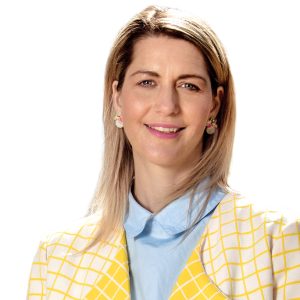
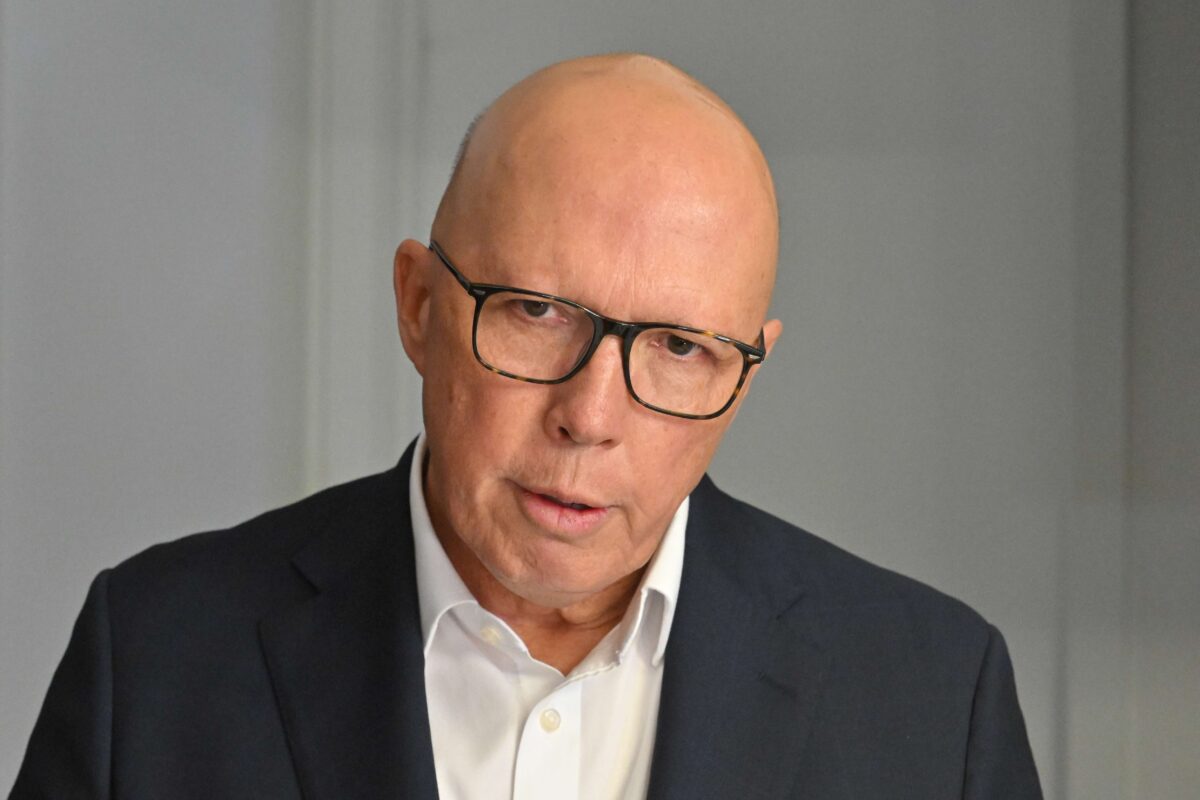
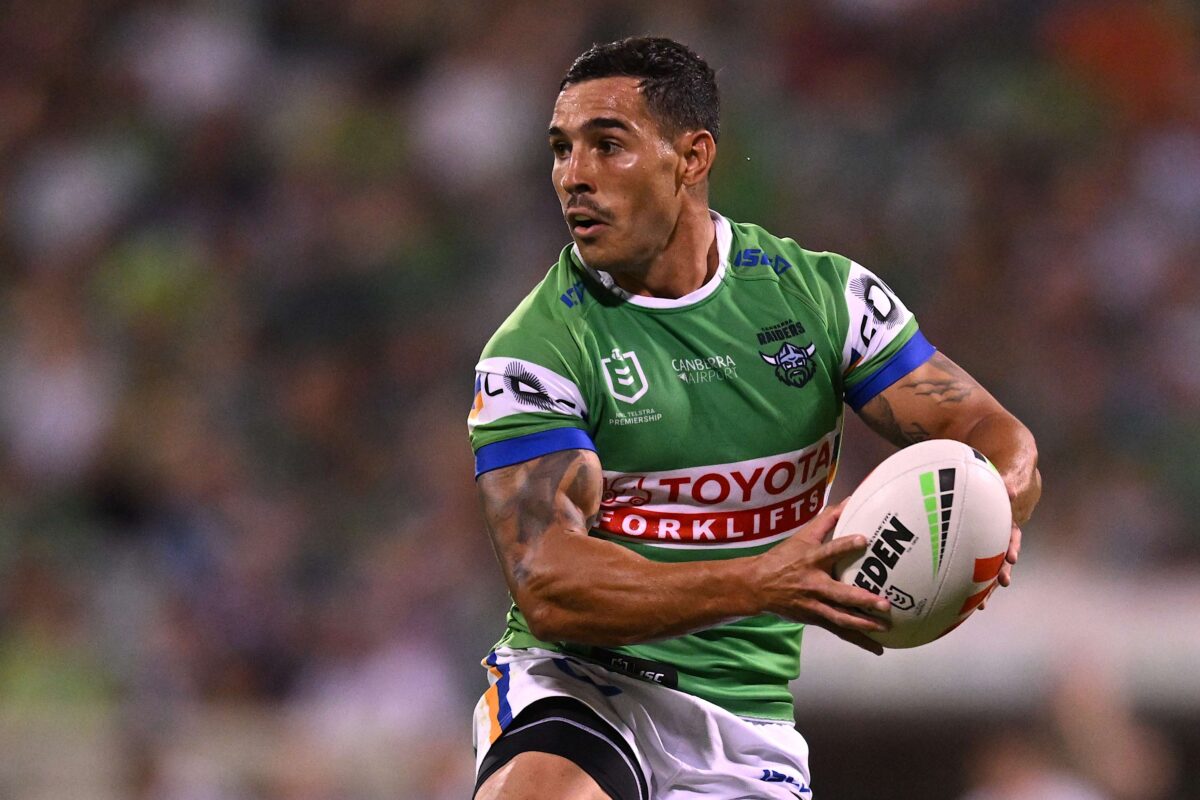


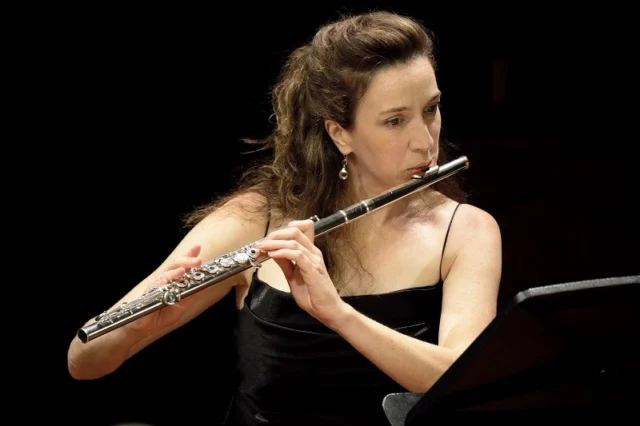
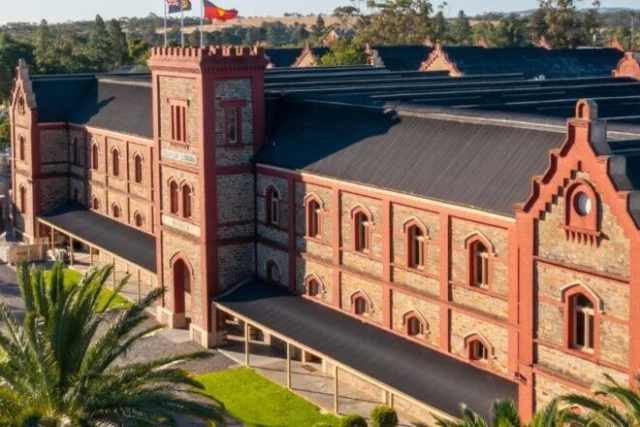
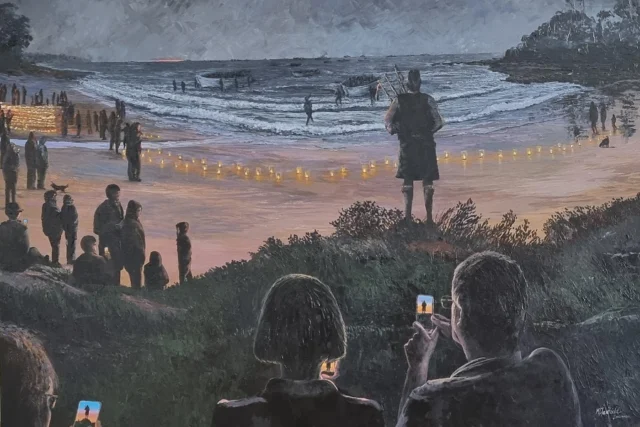
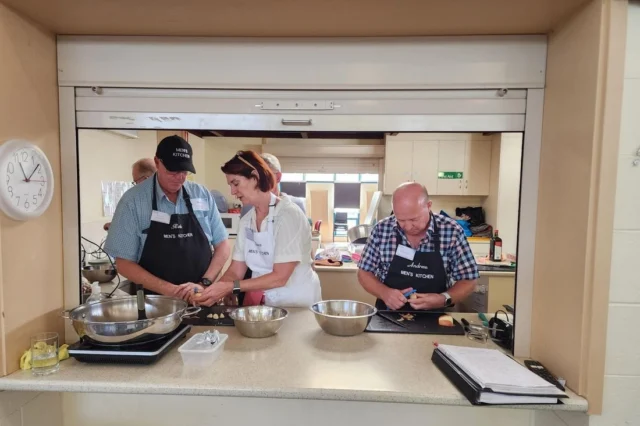
Leave a Reply